
Blog
This section will include reflections on key ideas and challenges faced by KIDS4ALLL team throughout the unfolding of the project.
By Sotiris Petropoulos, Katerina Doundi and Asteris Huliaras
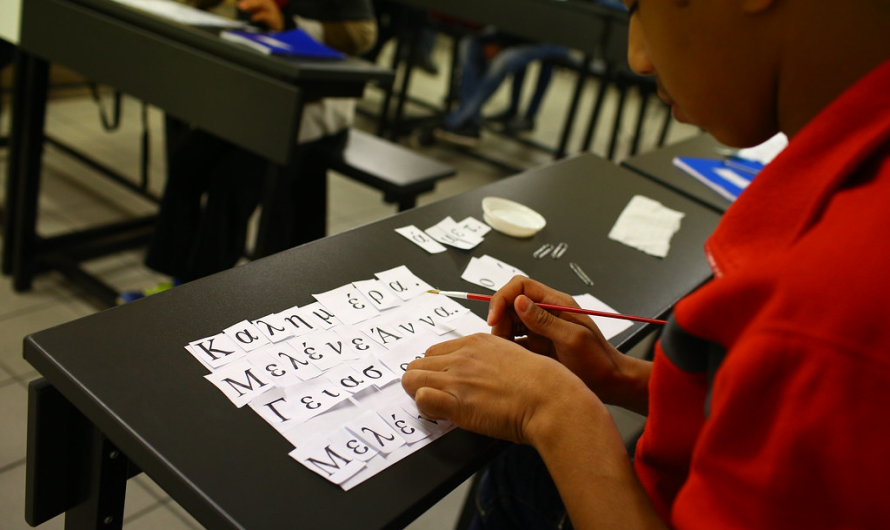
The European Commission recently decides to make 2023 the Year of Skills. The overall purpose is to support the full participation of citizens in the economic life of countries while countering all forms of discrimination (particularly those concerning women and young people).
KIDS4ALLL welcomes this initiative, being in full harmony with the European mainstream on skills, as it aims at implementing the 8 key skills for life long learning in different learning contexts, formal, non-formal and informal, with an approach that involves all the actors of the educational process.
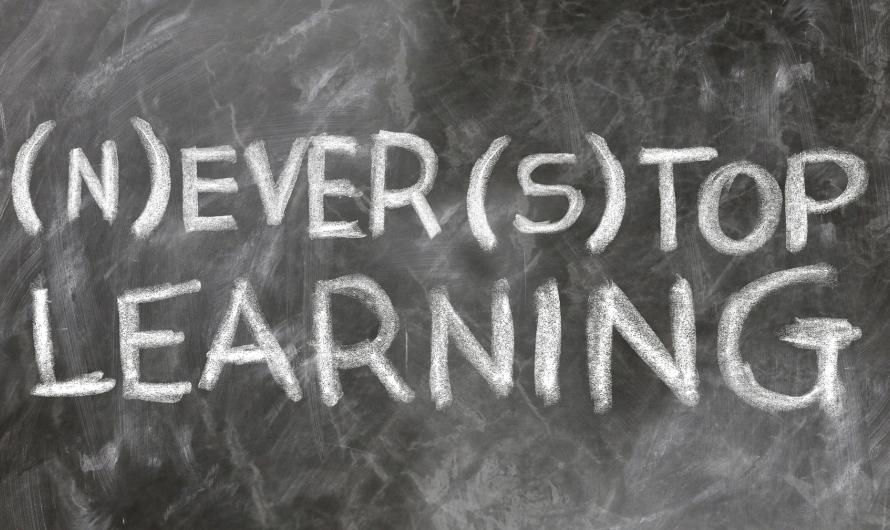
In a globalized world, children are immersed in an intercultural reality, at school and outside of school. In order to relate successfully to diversity, cultural competence must be acquired and developed with a view to lifelong learning. In this process, teachers and educators play a key role. At the same time, they also need continuous learning to develop a global competence, so that it can be passed on to new generations. For this reason, training trainers is a key step in the process of acquiring cultural awareness, which fosters a more inclusive society and school.
by Stella Pinna Pintor, Tiziana Lorusso, Viviana Premazzi
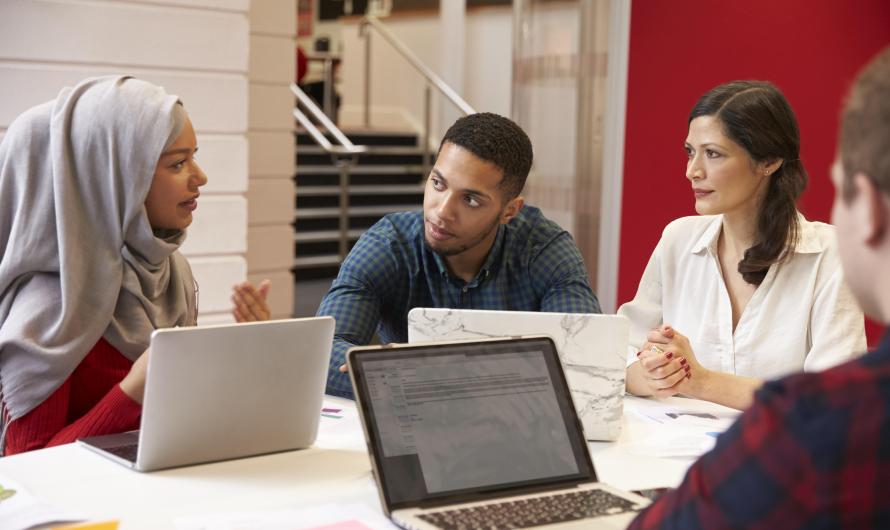
Parental involvement in the education of their children among all sections of the population is of great importance in the professional literature, which shows that parents who maintained contact with the school were involved, volunteered, attended meetings with educators, assisted, or had a positive impact on the children's education. This involvement is especially important when it comes to children and adolescents from a low socioeconomic setting of a minority culture, in groups that are on the social fringes. For example, migrant parents lack the knowledge, skills, and social support to deal with the difficulties posed by the receiving society.
by Dolly Eliyahu-Levi & Michal Ganz-Meishar, Levinsky College of Education
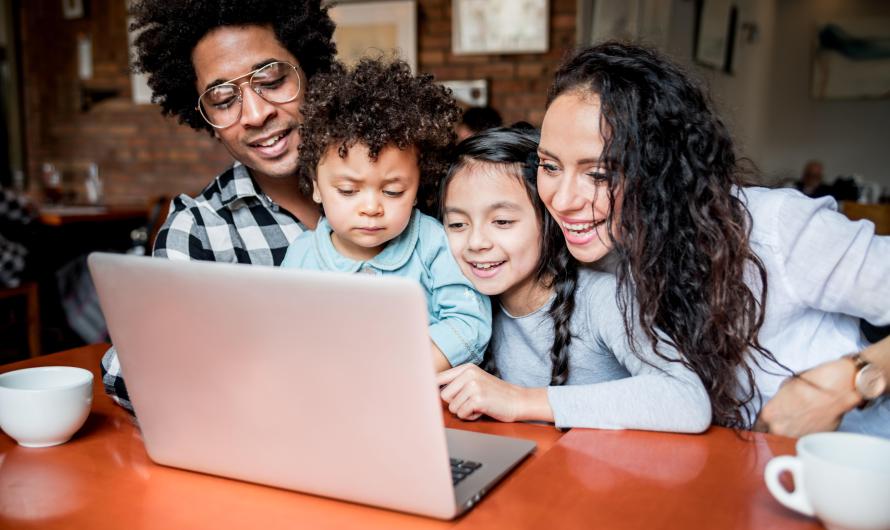
Every child needs a family. Every child wants to feel safe. The assessment of the “best interests of the child” in refugee law obliges administrative authorities and the courts to focus on the specific needs of the child during the procedure for granting international protection.
by Anna Velikova, Denitsa Dimitrova, Janin Al-Shargabi, Sofia Yordanova-Rabacheva
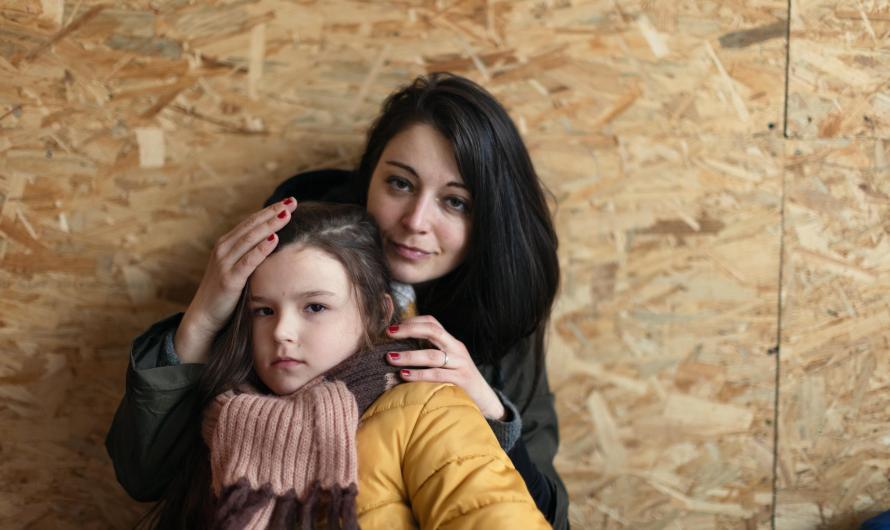
Can you imagine how many hours a week a teacher spends on preparing lessons? The actual time depends on various factors, such as the amount of pre-existing materials, the level of the teacher’s experience, and the heterogeneity of the students’ group. In case the teacher has no significant experience and is without any pre-existing materials, planning a lesson can take as much as, or even more than the lesson lasts itself. Additionally, if there are disadvantaged students in the class, teachers might find themselves in a very difficult situation: how to handle diversity, group work and keep students engaged?
by Orsolya Szabó, Tarki Social Research Institute
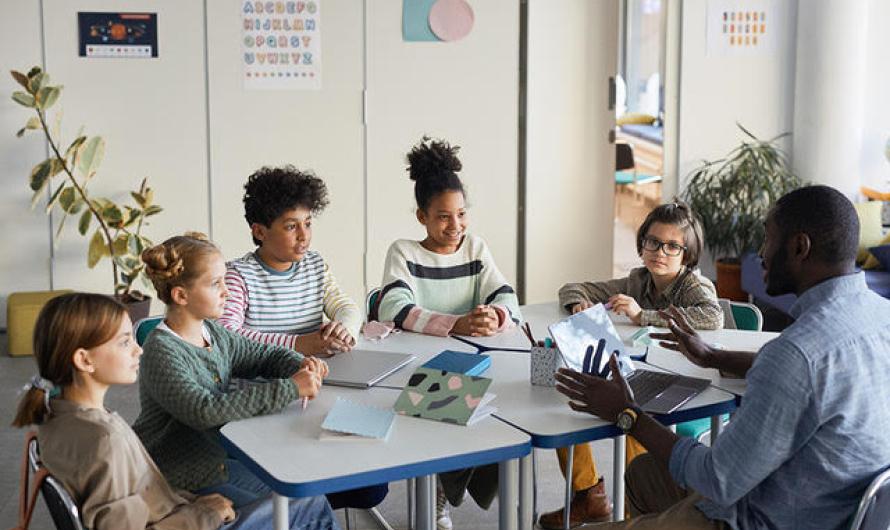
Before addressing the common misconceptions on school segregation, we have to consider what exactly the term “disadvantaged” means in order to have a clearer understanding which group suffers from segregated education.
by Noémi Erdődi, Motivation Educational Association & Orsolya Szabó, Tarki Social Research Institute

The Turkish educational system is now facing the challenge of adapting to a social context that is becoming increasingly culturally diversified. Koc University joined the KIDS4ALLL project to try to answer this challenge by raising awareness about innovative learning methods that promote inclusiveness for immigrant and non-immigrant children.
by Eleni Pothou & Begüm Sonbahar-Üregel, Koc University
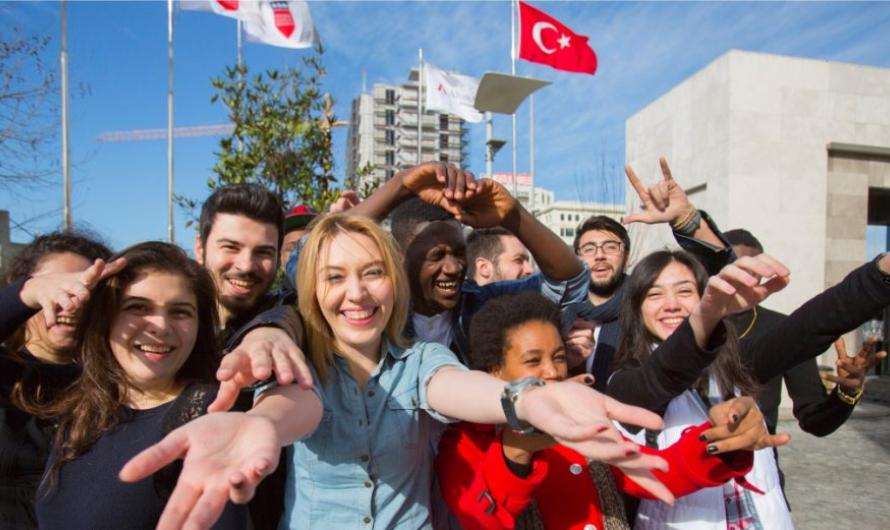
Levinsky College of Education is promoting a teacher training program to foster teachers' capacities for empathy, tolerance and intercultural sensitivity, thereby encouraging the integration and inclusion of children from migrant by background.
by Dolly Eliyahu-Levi & Michal Ganz-Meishar, Levinsky College of Education
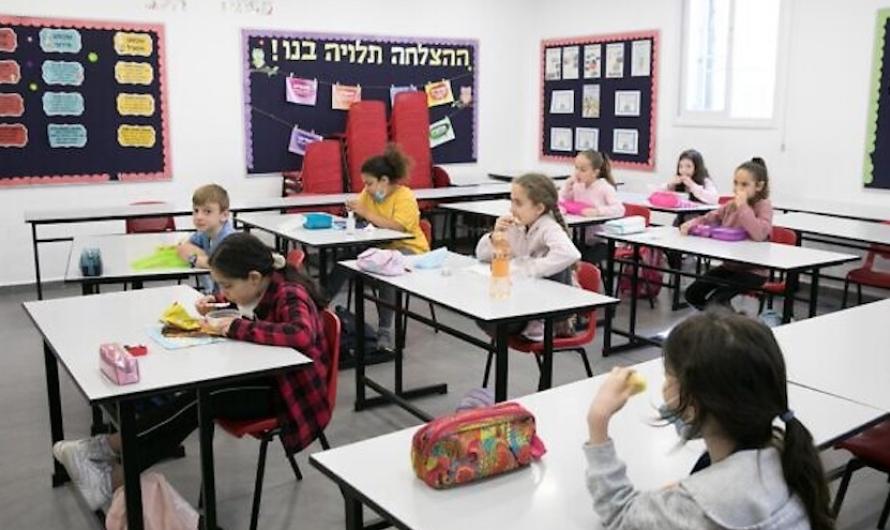
We offer you a very interesting article on language skills and how communication in native and foreign languages is an integral part of the educational process.
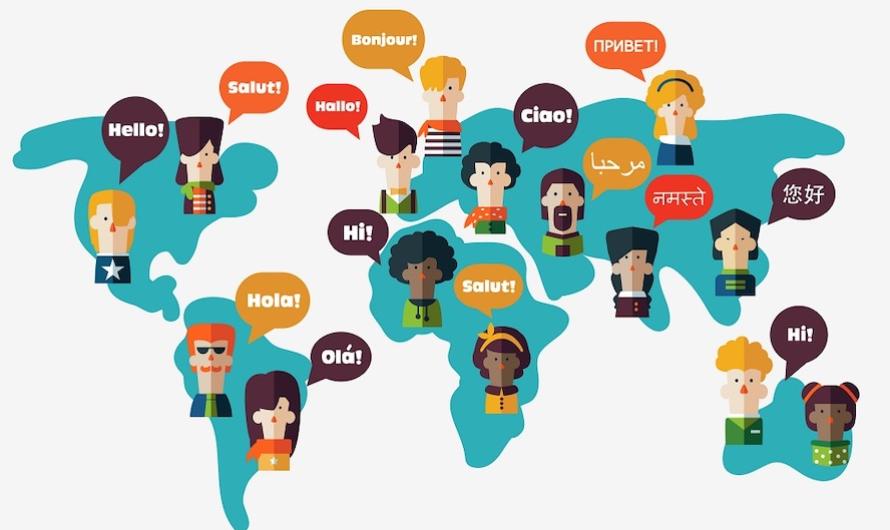
Don’t miss the latest news and updates.
Register to the KIDS4ALLL newsletter
- ‹ previous
- 2 of 3
- next ›
© KIDS4ALLL 2021 - Privacy - Cookie - Created by Ars Media
Activate it in order to browse the site.